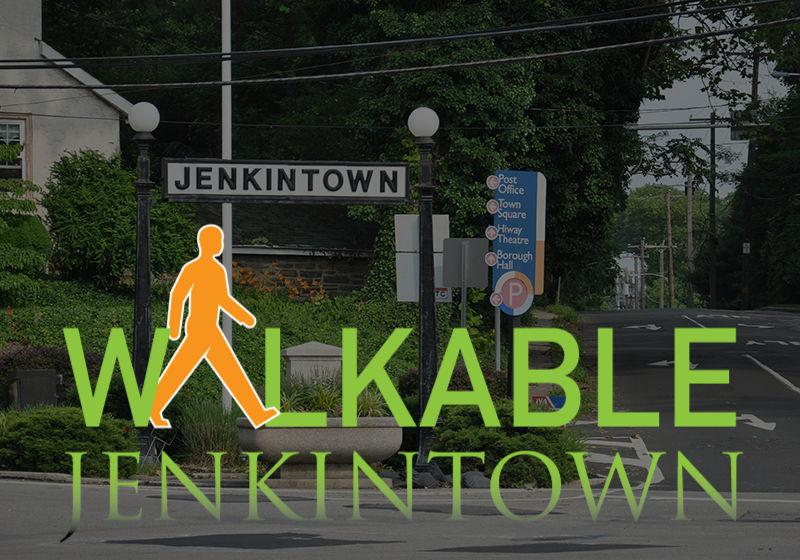For those of you who think that the proposed deed restriction imposed upon Summit House eliminates the possibility of children in the project, please read this article from the Yale Law Review. It’s lengthy, but here is a salient part:
“In contrast to this broadly public enforcement system for zoning, the enforcement regime for municipally imposed covenants is often tightly limited. Municipalities routinely write covenants that forbid citizen enforcement, and the courts routinely enforce those limits. In one New York case, for example, the owner of an affordable housing complex attempted to convert its property to market-rate apartments.85 The residents sued, alleging that the conversion violated a covenant between the owner and New York City requiring the building to remain affordable for forty years.86 Under New York law, the tenants would have had standing to enforce the covenant if it were intended for their benefit.87 Although it might seem that a covenant requiring the property to remain affordable would be intended for the benefit of the very tenants receiving affordable units, the court held that this covenant reflected no such intent. A clause of the covenant “explicitly negate[d] any intent to permit its enforcement by third parties such as plaintiffs.”88 Honoring that clause, the court held that the tenants were not beneficiaries of the covenant and therefore lacked standing to sue.89 By the covenant’s clear terms, only the City could enforce the covenant’s restrictions.”




